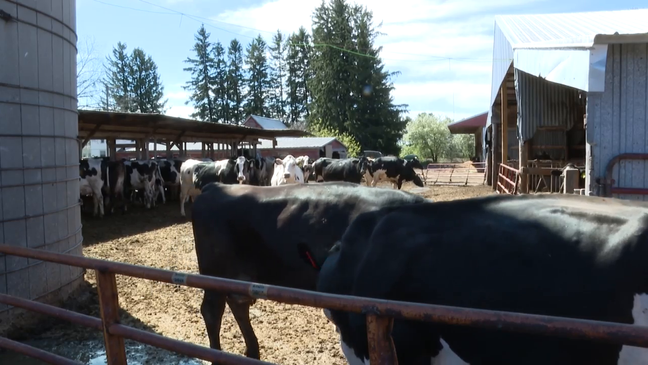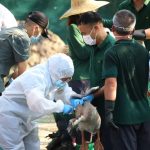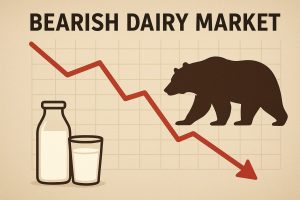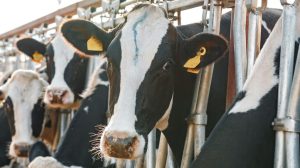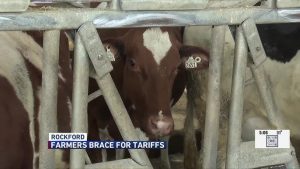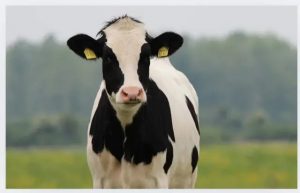
But a recent emergency change in requirements for dairy farmers across the state has some of them, as well as lawmakers, raising questions.
They say it may not make it safer and wonder exactly how they are supposed to follow the rules that start this Wednesday.
“From day one, we’ve always tried to produce the best quality milk you could,” said Terry Lautner, a dairy farmer.
And day one for the Lautners in Leelanau County was a long time ago.
“We’ve been members of Michigan Milk Producers for 75 years, or 77 years now,” Lautner said.
A lot of year, a lot of cows, a lot of milk produced and always under a pretty watchful eye.
“We’re used to dealing with rules. But some rules are a little bit, probably a little overkill,” Lautner said.
And some of those rules, that maybe questionable in some eyes were just announced May 1.
The Michigan Department of Agriculture and Rural Development, in response to the so-called bird flu, announced a series of new requirements on dairy farmers statewide.
“You have to keep a log of who enters and what their businesses is,” Lautner said.
Terry doesn’t have problem with rules and regulations to keep his herd, and the product they produce healthy and safe.
But farmers do wonder, how they are supposed to sanitize every vehicle that makes a delivery or arrives at the farm.
Enough of them have spoken up that state Representative Cam Cavitt (R-Cheboygan) has gotten involved.
“Well, while we’re concerned about the spread of the Avian Bird Flu, we have to ensure that the mandates aren’t too burdensome on our family farms,” Rep. Cavitt said.
“Ninety-seven percent our dairy farms are family owned, most of them multigenerational. And these seem to be extreme rules and open ended,” Rep. Cavitt said.
To date, MDARDS says seven counties can claim positive bird flu tests, more than 100 miles away from the Lautner Farm.
Still, every dairy farm in the state will now need to appoint a biosecurity manager who will keep logs of every vehicle that enters the farms perimeter and need to insure proper cleaning and disinfecting practices are taking place on any person or vehicle who does the same.
2:56 Rep says “So I don’t see why they need to be implemented or so heavy handed, you know?” Rep. Cavitt said. “Farmers will always follow best practices and this is a great opportunity for them to follow those.”
The Lautners are already preparing to follow the new rules and, like dairy farmers across the state, trying to figure out exactly how to do that.
They say, regardless of the new requirements, at the end of day, they’ll do just about anything to make sure their herd and their milk stay safe as they have done for more than seven decades.
“Absolutely. We would try to produce the highest quality product we can. We try to take the best quality care of our animals we can. And treat them just like members of our own family,” Rep. Cavitt said.
The new emergency requirements go into effect on Wednesday.
In addition to the dairy farm changes, the Michigan Department of Agriculture and Rural Development also announced that all exhibitions of poultry are prohibited until the state goes 30 days without a new bird flu case, which could impact county fairs later this summer.
You can now read the most important #news on #eDairyNews #Whatsapp channels!!!
🇺🇸 eDairy News INGLÊS: https://whatsapp.com/channel/0029VaKsjzGDTkJyIN6hcP1K
